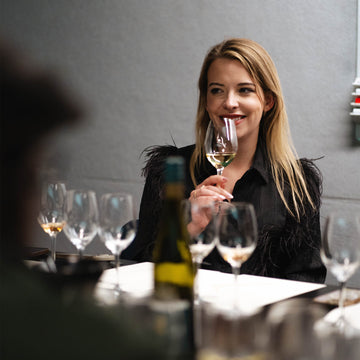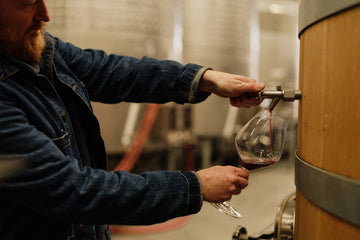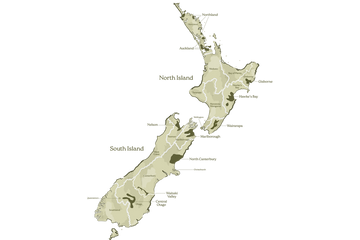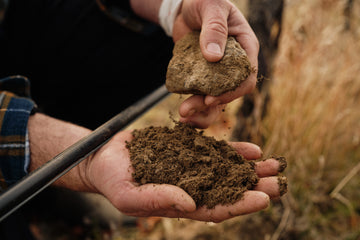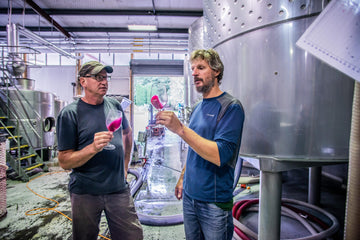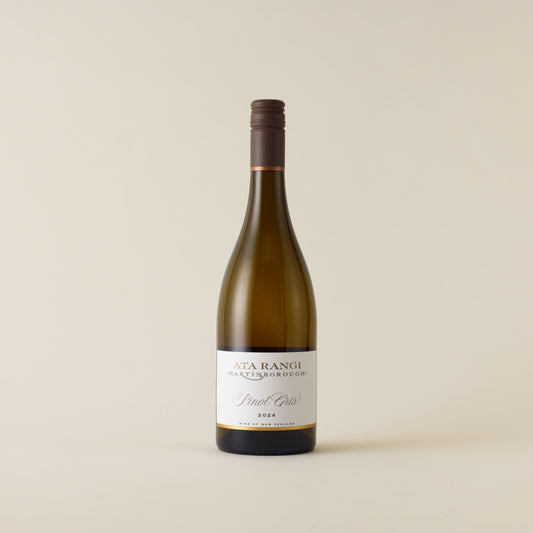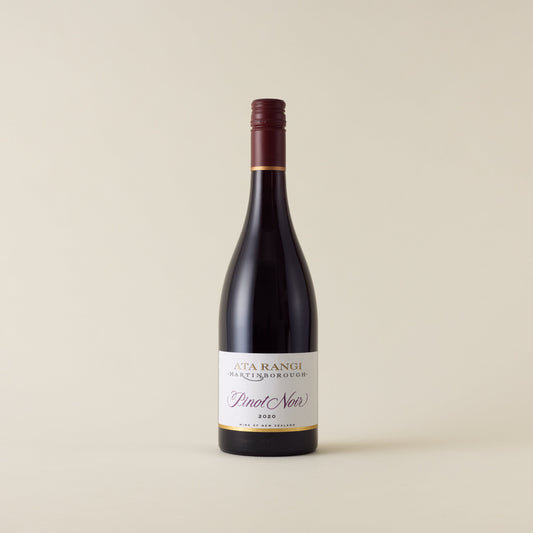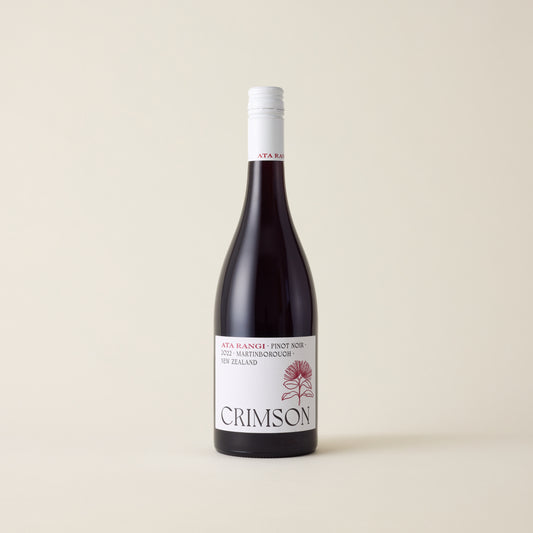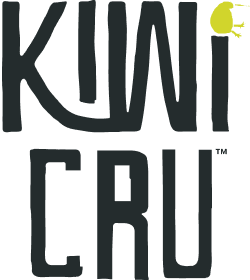Deep Rooted Sustainability at Ata Rangi
Care for the environment is deeply rooted at Ata Rangi in the Wairarapa, with native plantings, organic vineyards, indigenous yeasts and cherished communities.
The wine company’s founder, Clive Paton, has a lifelong passion for conservation, and while planting his first vines in 1980, also searched for land to plant in native trees. Since the 2002 purchase of the Bush Block, Ata Rangi has planted more than 75,000 trees, including native rātā that were thought to be extinct in the area.
A constant drive to do better by the planet, plants and people is “intrinsic” to their winegrowing, says winemaker Helen Masters, who joined the cellar for her “gap year” in 1991, straight out of secondary school, and returned full time as winemaker in 2003. She swiftly learned that Ata Rangi’s perception of sustainability was profound, with a 100-year view of the land’s wellbeing. And it is integral to the wines they make, “very distinctively from our particular site on the Martinborough Terrace”.
This year Sustainable Winegrowing New Zealand (SWNZ) celebrates three decades since its launch in 1995. The independently audited programme of continuous improvement in climate change, water, waste, plant protection, soil, and people has become a global inspiration in sustainable winegrowing, and now certifies 96% of New Zealand’s vineyard area and approximately 90% of wine production by volume.

Ata Rangi was a founding member of SWNZ, and on many fronts was well on its way before 1995, as part of a small group of companies that had sought and achieved ISO 14001, an international standard of environmental management systems. But SWNZ has allowed them to benchmark their efforts and results against other wine companies throughout New Zealand, including in work to reduce waste streams and emissions.
Along with vast tracts of natives, Ata Rangi has planted durable eucalyptus trees as a future source of untreated vineyard posts, and brews compost tea to feed the soil and fungi, sourcing ingredients from the forest floor, seaweed, fish protein and its estate-made compost. It also has more than 170 solar panels, which cover more than a third of their power requirements for the year.
In 2014, the first of the company’s vineyards became organically certified with BioGro, requiring a greater focus on soil, vines and season, Helen says. “Being organic is tricky, and you don't have any kind of safety net, in terms of synthetic sprays. It really requires the staff to be looking, talking, reporting anything they see. There's no shortcut, so everyone is really focused and understands how changes in the weather and vines impacts on the bigger picture.”
The result is better wine from balanced grapes. “I really think that part of the reason why our wines are more aromatically pure now, is that the older vines are being farmed organically, and so I think we get a slightly clearer impression of the region.”
Sustainability is also about people and community, and Ata Rangi’s staff garden is a key element of their gatherings, including shared lunches and vintage meals. “We have very long-term staff members,” says Helen, who speaks from experience, having been at the winemaking helm for 22 years. “People are really important in terms of knowledge of the company and the ideas and what we're trying to achieve.”
